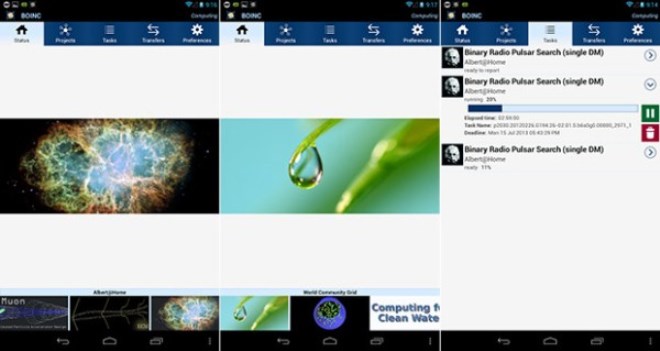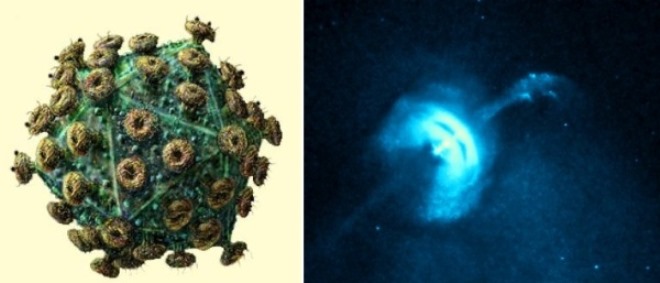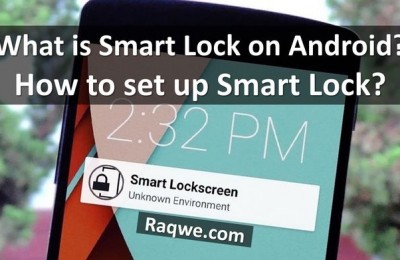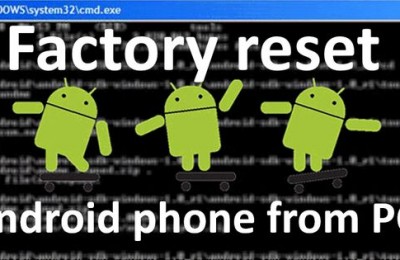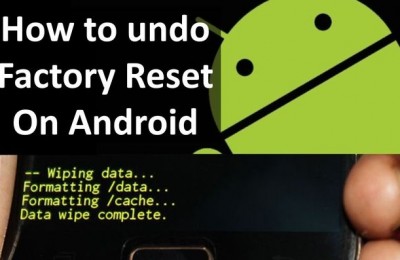About Folding @ Home project and others like him, heard, perhaps, many more. It is based on distributed computing for computer modeling of coagulation of protein molecules. The project was launched back in 2000. The bottom line is that your computer performs some calculations, which are of a percent of the total task. Similarly, thousands of PC users do other calculations of other “puzzle pieces” that eventually add up to a total “solution”.
Now, such a system is available for the owners of devices running Android. At the moment, the platform under the name BOINC (Berkeley Open Infrastructure for Network Computing) includes two projects: Einstein @ Home, dealing with the search for unknown pulsars (neutron star with a powerful “pulsating” magnetic field), and FightAIDS @ Home, aimed at fighting AIDS. The second project is supervised by IBM. Both projects are not new and have long been available for PC owners.
For those who worry about the power consumption of mobile devices and consumed traffic, it is worth noting that the default BOINC client is configured in such a way that triggers calculation only in those cases where the smartphone or tablet is connected to a charger or a battery is not less than 90%. In this case, another condition is the point of connection to the Wi-Fi. Supported devices running Android 2.3 and above. It is interesting to compare the performance of mobile devices and desktop PCs with similar calculations.
Read another very interesting article about alternative energy of the Sun, water and air.

